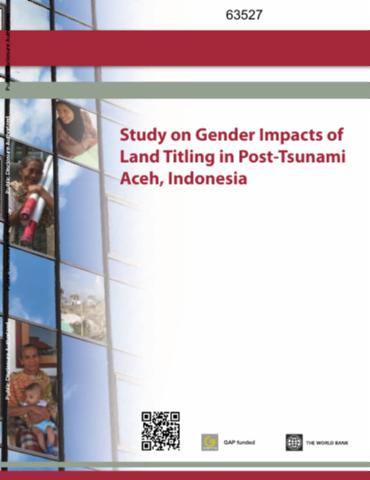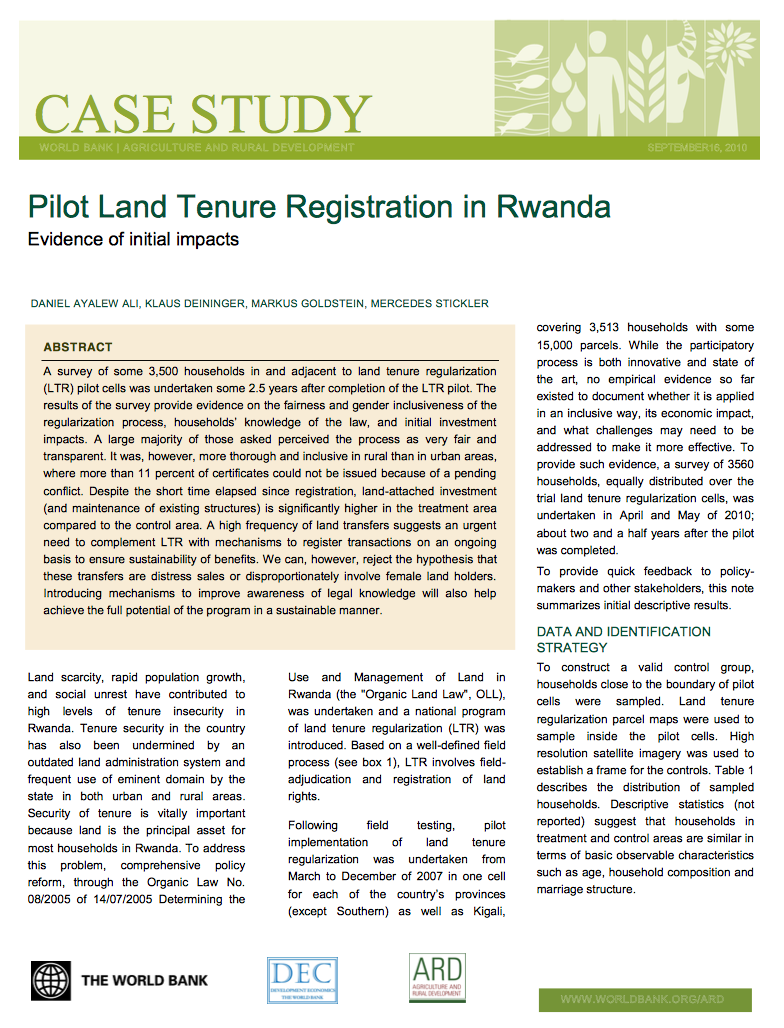Substantiation of methods for determination of agricultural crops productivity on reclaimed areas
To determine the agricultural crops productivity on reclaimed areas with the adjusted water regime it is offered to use the point estimation of ground fertility and standard report data on different areas actual productivity (ploughed field, hayfield, pasture). The dependence of crop yield level on the cadastral valuation of soils is analyzed in different districts of the Republic of Belarus. The production output from the one ball-hectare is measured. The mathematical formulas of the crop yield evaluation depending on the type of the soil are shown.








